Date: 11 October 2011
This acrylic glass is "meshed" and structured at the scale of a billionth of a metre to maximize its properties.
The result: a light sheet combining strength and transparency no matter what the temperature. This combination of properties significantly expands the range of conventional uses for PMMA and offers exceptional opportunities for industries such as aeronautics, automotive industries, photovoltaic and safety glass.
Altuglas ShieldUp: a lighter alternative to glass.
"The current energy challenges we face have lead us to anticipate the needs of our industrial customers with a "revolutionary" product, says Frederic Vartician, General Manager- Sheet Business- Europe. 50% lighter than glass and more transparent, Altuglas ShieldUp responds, for example, to the challenge of constructing panoramic roofs and side windows for the car industry, using lighter and stronger materials. Reducing the weight of a vehicle by 100 kg means a reduction in fuel consumption and CO2 emissions by 0.4 litres and about 1 kg respectively for every 100 km, without reducing performance."
Altuglas ShieldUp is not only shock resistant, but also doesn't whiten, whatever the temperature.
Naturally resistant to UV, PMMA is the most scratch resistant polymer you can get, making it ideal for outdoor use. Additives commonly used to improve the impact resistance of acrylic sheets cause a deterioration of transparency under high temperatures.
Altuglas ShieldUp takes advantage of Arkema Group's very own polymerization technology: BlocBuilder technology. It gives us complete control over polymer architecture at a nanoscopic scale. The result is a sheet far more resilient to shock and which retains complete transparency regardless of the temperature.
Altuglas ShieldUp: resistant to chemical.
The formulation of the acrylic sheet strengthens chemical resistance to aggressive agents such as alcohol or other cleaning products.
Altuglas ShieldUp facilitates complex design structures.
Unlike glass, the acrylic sheet is thermoformed and lends itself fully to the creation of complex shapes. It meets the needs of designers without altering its properties, particularly optical properties.


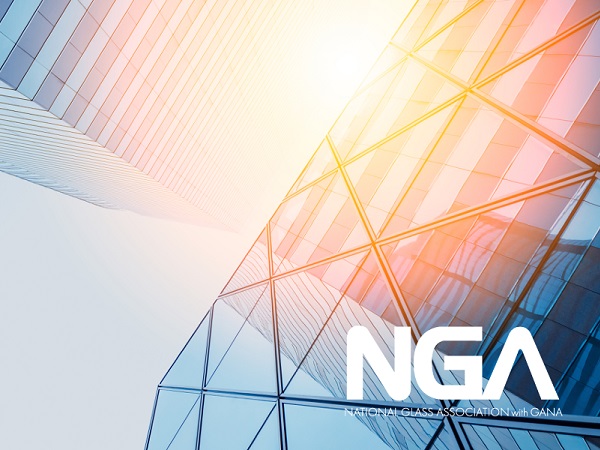
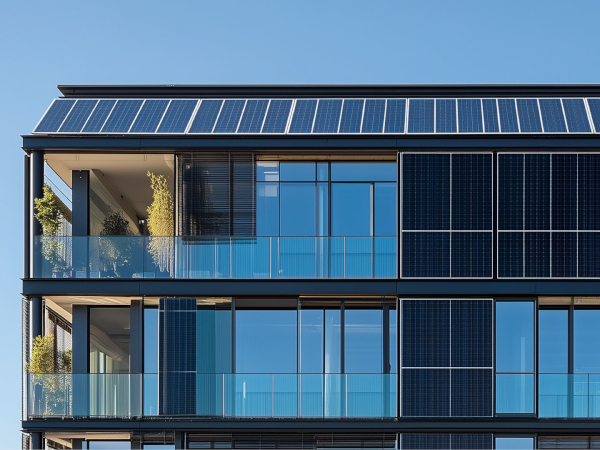
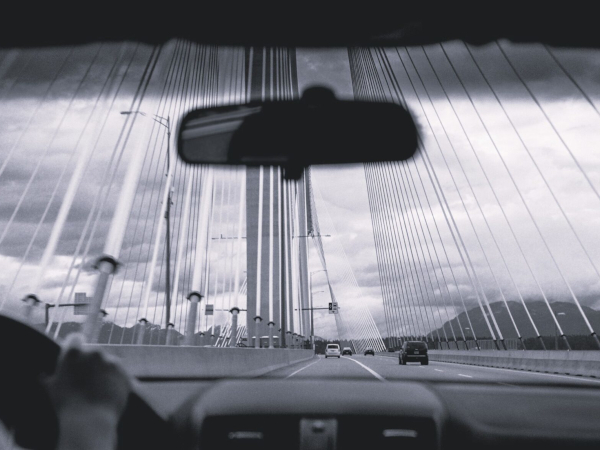

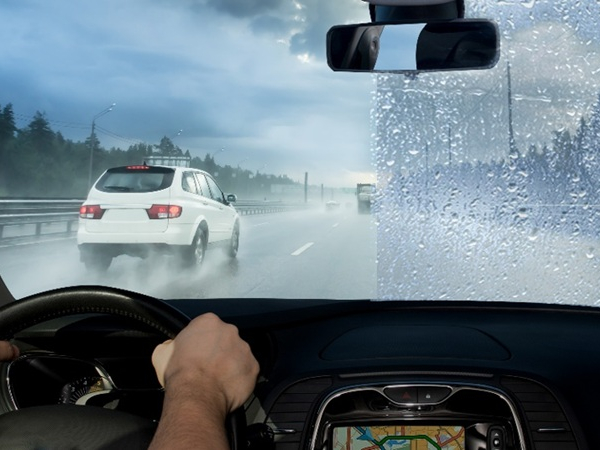






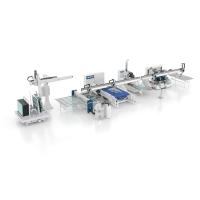
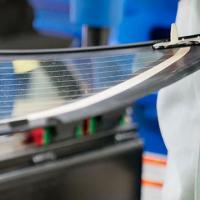
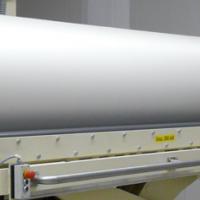
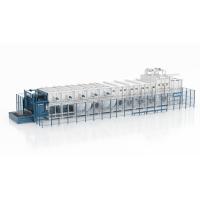


Add new comment